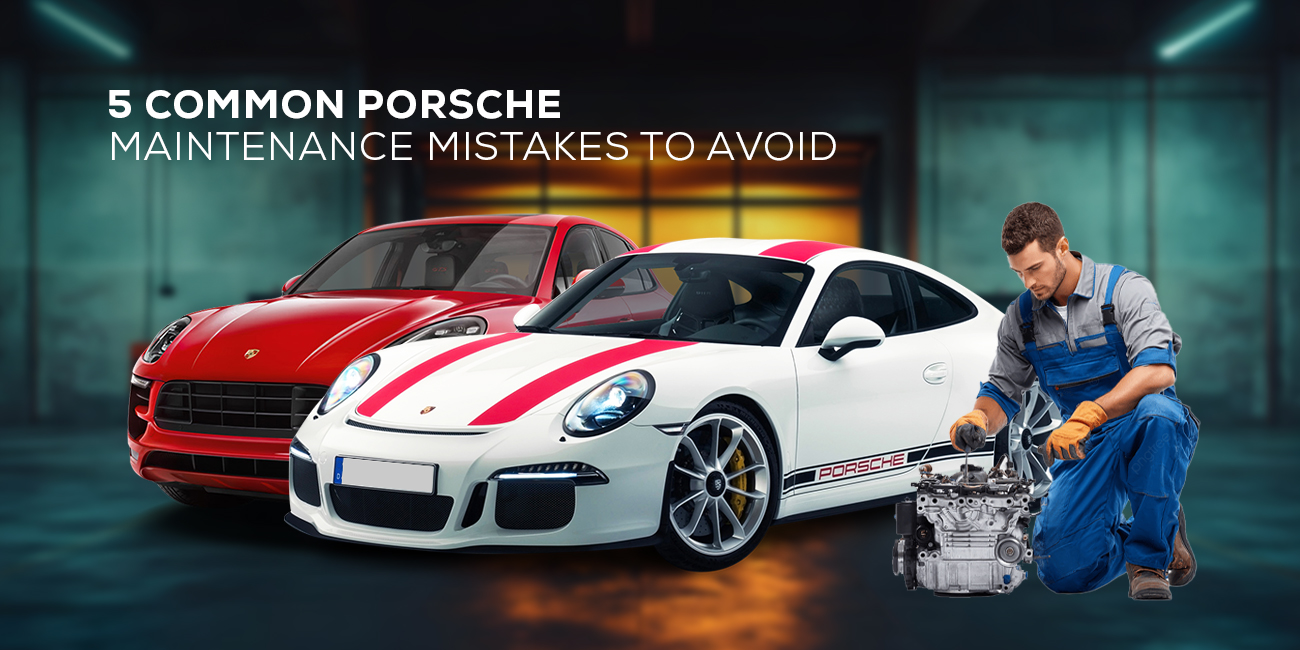Routine maintenance of your Porsche is vital to its optimal functioning and should occur every 10,000-15,000 miles (or once annually, depending on its model and usage). Checks should take place once or twice annually, depending on its model and usage; generally speaking, however, inspections should occur every year at a minimum. Oil changes, brake pad inspections, and tire rotations are just part of what this service includes; additionally, a thorough check will take place of key components, including cooling systems, suspension systems, and electrical systems. Due to their specific performance requirements, Porsche 911s and Macans require regular checks of engine oil separators, transmission fluid levels, and coolant systems. Making time for regular inspections helps your Porsche remain at peak strength while meeting performance benchmarks. By following an established maintenance regime, you ensure its drivetrain strength remains upheld while meeting high-performance benchmarks.
FAQs
Explore our FAQs below or find the answers you're looking for right here.
-
How often should I perform routine maintenance on my Porsche?
-
What are some common signs of oil leaks in my Porsche?
Oil leaks present an ongoing challenge to Porsche owners of older models, particularly older vehicles. Telltale signs include oil spots underneath their vehicle and a burning smell. Other telltale indicators could include decreased oil levels or diminished levels. Leakage could seep through valve covers or the rear main seal (RMS), potentially leading to engine damage without immediate attention being provided by owners or technicians. Your water pump or coolant system could also leak coolant as a result of improper maintenance practices or system faults, leading to potential coolant loss. Whenever oil stains or low oil levels appear on a Porsche vehicle, an experienced Porsche mechanic must conduct an immediate examination to identify its source - separators, seals, or any other possible part could be the source - to address oil leakage before irreparable harm comes to engines and critical components such as timing chains or spark plugs.
-
Why should I avoid DIY repairs on my Porsche?
Porsches are high-performance vehicles requiring expert knowledge and tools for proper repair. DIY repairs might seem appealing due to cost savings; however, Porsche engineering is highly complex, and any attempt at DIY repair without proper expertise could cause engine or transmission damage as well as invalidate warranties. Transmission repair, brake system malfunction, and electrical issues require advanced diagnostic tools that only certified Porsche repair shops possess. Subpar or non-original parts, such as aftermarket ignition coils or fuel injectors, could do more harm than good for your car's well-being, which is why trusting in an experienced Porsche specialist mechanic ensures it will receive the care and precision it requires, with performance parts specially engineered to meet Porsche's high-performance standards.
-
How can I address dashboard warning lights in my Porsche?
Porsches are high-performance vehicles requiring expert knowledge and tools for proper repair. DIY repairs might seem appealing due to cost savings; however, Porsche engineering is highly complex, and any attempt at DIY repair without proper expertise could cause engine or transmission damage as well as invalidate warranties. Transmission repair, brake system malfunction, and electrical issues require advanced diagnostic tools that only certified Porsche repair shops possess. Subpar or non-original parts, such as aftermarket ignition coils or fuel injectors, could do more harm than good for your car's well-being, which is why trusting in an experienced Porsche specialist mechanic ensures it will receive the care and precision it requires, with performance parts specially engineered to meet Porsche's high-performance standards.
-
What should I do if I hear unusual brake noises?
An unusual brake noise could indicate problems in your Porsche's brake pads or system, such as squeaking or grinding noises, such as worn-out brake pads. They may also point towards issues related to your rotors, calipers, or fluid levels being out of whack. Left unaddressed, this issue could lead to reduced braking performance and potential safety hazards. When hearing any strange sounds coming from your brake system, have it professionally examined by an authorized Porsche repair center immediately. Reducing brake noise could save money in costly repairs by regularly inspecting brake pad levels and fluid levels as part of your Porsche maintenance program. Doing this will keep your car safe and reliable, no matter the road conditions or driving style.
-
What parts should I always replace with genuine Porsche parts?
For optimal performance in your Porsche vehicle, only use genuine Porsche parts or OEM (Original Equipment Manufacturer) components when replacing parts or assembling new assemblies. Substandard or aftermarket parts used in critical systems like coolant systems, ignition systems, or transmissions may lead to improper function, reduced performance, and more frequent repairs. Valve seals, cam chains, piston rings, and spark plugs are components where quality matters greatly. Notably, performance parts like Porsche Doppelkupplungsgetriebe (PDK) transmission components or IMs Bearing should always be replaced with Porsche-approved replacement parts to preserve precision. Trustworthy Porsche repair centers only use premium parts to ensure your car performs to its potential and retains resale value. When making these important decisions, always consult a specialist mechanic to make sure all components meet high-performance requirements for your specific car model.

